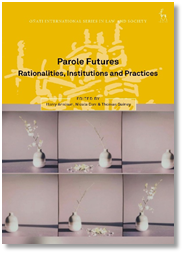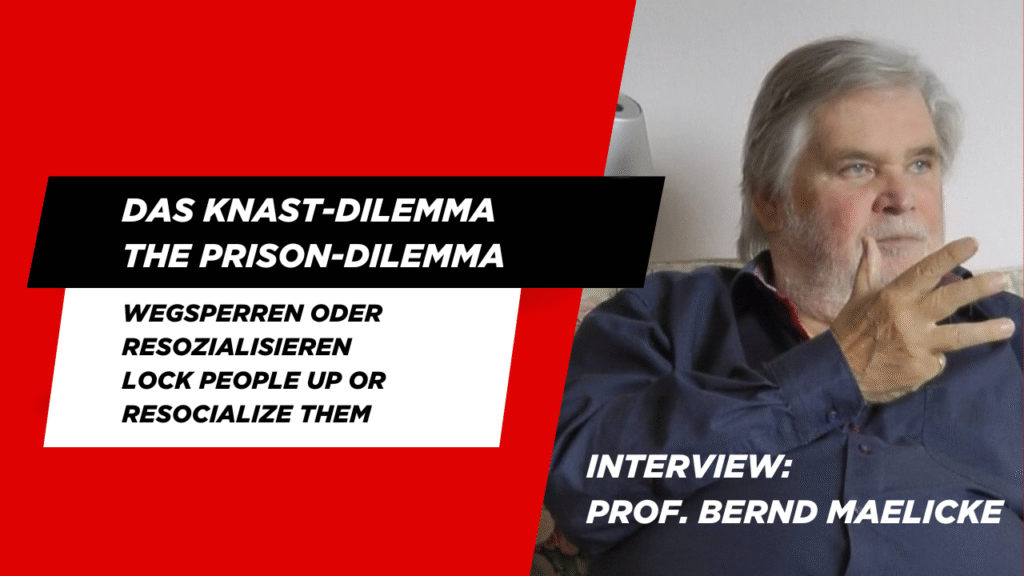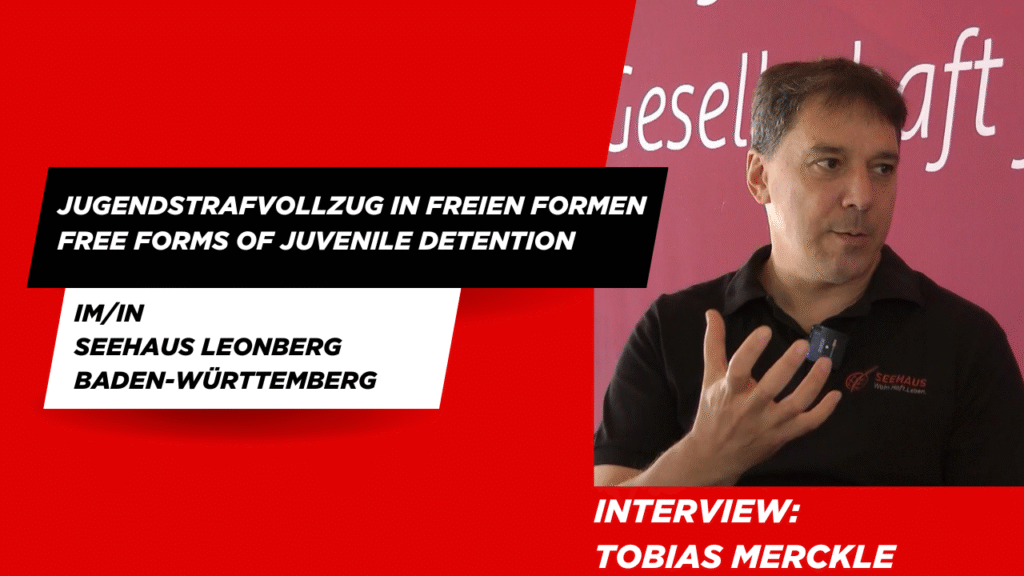Previous Article
News
CEP Awards winner in the spotlight part 2: Public Protection Award
In October 2016, CEP launched the CEP awards, a celebration of outstanding contributions to probation. The awards scheme reflects CEP’s vision: to contribute to safer communities by rehabilitating and reintegrating offenders and providing the best possible interventions to reduce re-offending and the impact of crime. Second of 4 categories is the Public Protection Award. Winner is the Resettle project – Intensive Intervention Risk Management Service by the National Probation Service in England.
Former offenders often need intensive coaching for issues like housing, education, training, employment and budgeting. But also to prevent the risk of re-offending, coaching is key. The project Resettle is a partnership between the National Probation Service, local police force and the local Health Trust in Liverpool, working intensively with male offenders on release from prison. All have complex, social and psychological needs and are at high risk of further offending. Typically they will have served long prison sentences having committed serious violent or sexual offences. They have a high level of interpersonal and social difficulties associated with personality disorder diagnosis. The overall aim of the project is to enhance public protection and risk reduction by engaging and working productively with a “hard to reach” group of men, many of whom have struggled to abide by licence conditions, spent significant periods in segregation and on release would have been recalled back to custody. The majority have had early experiences of neglect, abuse and trauma leading their struggle to trust others; to the extent that they often have highly conflictual prior relationships with authority.
Safe, supportive and optimistic relationships
The project has been operational since 2008 and has consistently demonstrated that it is possible to engage, safely manage and enhance the wellbeing and social integration of people with complex needs and risks. The service model emphasises the need for the development of safe, supportive and optimistic relationships which give the men a sense of their own ability to desist from offending and live fulfilling lives. Risk management is done alongside therapeutic work in the firm belief that these are equally important.
“Through the gate” service
Work with the men starts at least 6 months prior to their release from prison with a focus on relationship building, developing a personalised risk management and intervention plan to best meet their needs and mutually agreed goals. Once a participant agrees to come to the project, their attendance becomes a licence condition. The project adopts a “through the gate” service with participants picked up from the prison gate, with a high level of support offered on release. They attend for up to 4 days per week during which they participate in groupwork, individual keywork sessions and activities to support their social integration and steps to independent living. The project creates a strong sense of community which encourages the men to comply with their licences. They are encouraged and supported to take on new roles including participating in communal cooking of lunches, describing the project to visitors and looking after the garden. The week starts with a whole Community meeting at which aspects relating to safe running and maintenance of the project is discussed. Additonally progress and challenges of participants are discussed and men are encouraged to support each other in meeting their goals.
“People are there for me when I’m struggling”
Since the commencement of the project the Resettle team has received over 200 referrals and has worked with 68 participants. The project is funded to work with 20 men in the community and a further 25 in custody at any one time. The men attend for up to two years. Risk management and responsivity is enhanced through an out of hours crisis line. A recent review of the effectiveness of the crisis line found it had successfully managed to avert crisis, offer support to participants at pivotal moments and very little abuse of it’s use.
Recent feedback from a consultation group of service users highlighted comments such as “staff are there for me when I am struggling” “They trust you and you trust them” , “it is the first time I have had people around who you can ask for help, which is not easy to do ” and ” I am 47 years old, it can feel embarassing to admit you are struggling, but having support and being treated like an adult has helped me cope”.
Evaluation
The Resettle Team is very passionate about the work it undertakes to bring about change to an individual’s life and most importantly in the effective management of risk. This is demonstrated in the joint approach to delivering the sentence plan by the keyworker team, comprising of the Offender Manager and a Health worker through case consultation.
Resettle has been independently evaluated by a randomised control trial which completed in 2013. This lent the support to the level of intensity of the service delivery model, confirming that the population the project works with have a high level of need, risk and complex mental health difficulties. The research found a significant difference in the rate of self reported offending between those who attended Resettle, those in the control group (i.e those attending normal probation supervision) and those who were randomised into Resettle but never attended, e.g not being released prior to the research ending. The Resettle group reported significantly lower rates of further offending.
The CEP award for the category of Public Protection was handed at the CEP Conference on Alternatives to detention in Bucharest by Mr. Mihai Dima, General Director of the Romanian National Probation Directorate and Mr. William Rentzmann, board member of CEP and member of the CEP Awards Jury. The award received by Ms. Sandra Oluonye, Assistant Chief Officer at the National Probation Service.

Related News
Keep up to date with the latest developments, stories, and updates on probation from across Europe and beyond. Find relevant news and insights shaping the field today.

Probation in Europe, Technology
Have Your Say: EU Call for Evidence on the Digitalisation of Justice (2025–2030)
18/08/2025
The European Commission has opened a Call for Evidence on the Digitalisation of Justice: 2025–2030 European Judicial Training Strategy.
Reading corner

Criminal Justice
Parole Futures
18/08/2025
At a time when many parole systems are experiencing considerable strain, the aims of this collection are twofold: first, to encourage systematic and critical reflection on the rationalities, institutions and practices of parole. Second, to think big, and pose ambitious ‘what if’ questions about the possible futures of parole and prison release. Offering novel insights from Asia, Australia, Europe, North America and South America, this collection builds the case for, and then showcases, a ‘way of doing’ parole research that is global in outlook, interdisciplinary in approach and unapologetically normative in character.
New

Probation in Europe
New Vodcast Episode: Prof. Bernd Maelicke on The Prison-Dilemma
12/08/2025
The 13th episode of Division_Y features an in-depth conversation with Prof. Bernd Maelicke, one of Germany’s most respected voices in prison and probation reform.
New

Probation outside Europe
CEP Ambassador Steve Pitts Receives Prestigious Japanese Honour
05/08/2025
We are pleased to share that CEP Ambassador Steve Pitts has been awarded the prestigious Order of the Rising Sun, Gold Rays with Rosette by the Government of Japan. The honour was officially presented on 25th July 2025 at a formal ceremony held at the Japanese Ambassador‘s residence in London, hosted by the Japanese Ambassador.
New

CEP Events
Mark Your Calendars: Exciting Probation Events Ahead
30/07/2025
As the season continues, we’re looking ahead to a dynamic line-up of events across Europe. From specialised workshops to international training and conferences, there’s something valuable for everyone working in probation and beyond.
New

Probation in Europe
New Vodcast Episode: Tobias Merckle on Free Forms of Juvenile Detention
12/07/2025
The 12th episode of Division_Y features an engaging discussion with Tobias Merckle, a social worker and social entrepreneur from Baden-Württemberg, Germany.
Subscribe to our bi-monthly email newsletter!
"*" indicates required fields
- Keep up to date with important probation developments and insights.

